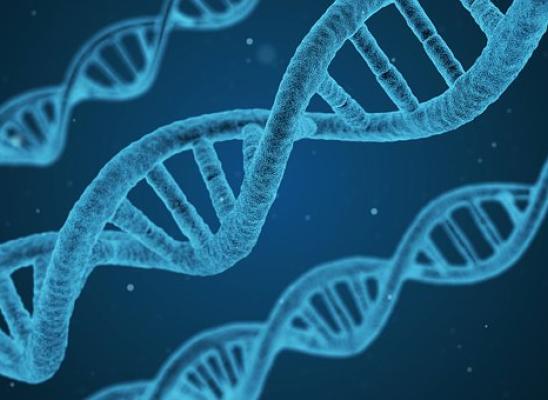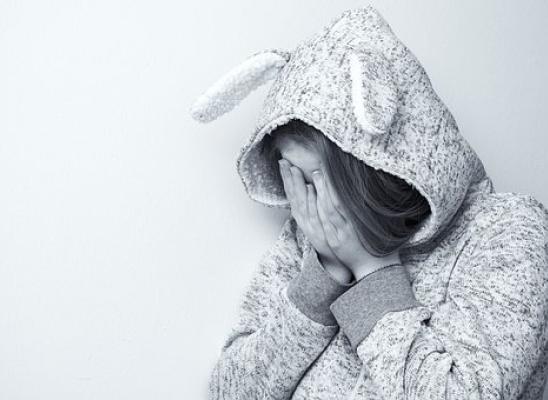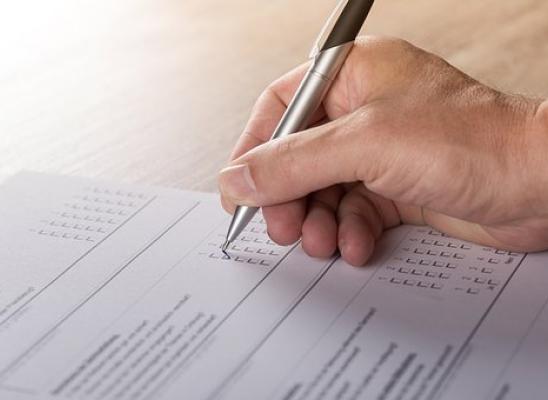How do you know if it works?

Online test
Find out the severity of your symptoms with this free online test
Treatments for trichotillomania yield mixed results, but does that mean they work or they don’t? A recent study sought to answer that very question.
Research About Research
Multiple studies continue to measure the effectiveness of treatments ranging from pharmaceuticals to therapy. Sometimes the press releases will announce something works, while others report “mixed results.” Let’s take a few moments to demystify the ambiguity of “treatment response.”
In simple terms, treatment response is a measurement used by clinicians and researchers to determine if an intervention works. There are statistics involved, and some of them get pretty complicated. The challenge with results and treatment responses is that an intervention can work yet not yield enough of a treatment response to be called effective. Also, there are many definitions of effective, not to mention the difference in the types of people for which an intervention is effective.
In the diagnosis stage of determining who qualifies to participate in a research study, there will often be a questionnaire or standard diagnostic measurement used to make sure the people studied are appropriate. By appropriate, I mean do they meet criteria for the problem the study is looking into. For trichotillomania studies, the Massachusetts General Hospital Hair Pulling Scale (MGH-HPS) and the National Institute of Mental Health Trichotillomania Severity Scale (NIMH-TSS) are the golden standards by which researchers determine a diagnosis. Often, participants will fill these out before the study begins, they will participate in the intervention, and then participants fill out the same tests. The idea is that if an intervention is successful, the tests will show different answers. Then, the first scores and the second scores are compared and analyzed to determine if the intervention worked and how well. Keep in mind, this is an overly simplistic explanation of the process, but one thing that is not standardized when using these scales, there are no rules to determine how much change needs to occur in the scores in order to qualify as a treatment response.
In contrast, researchers who study schizophrenia and depression know that a 50% reduction on their respective scales determines a treatment response. In other words, if we wanted to see if habit reversal training worked for people with depression, we would measure participant depression using a scale similar to the ones mentioned previously for trich. Then, everyone receives habit reversal training. After some time, the participants take the test again. If the score decreases by 50%, then habit reversal training is said to have had a positive treatment response for that person. If the score only decreases by 40%, no treatment response.
Treatment Response for Trich
A group of researchers wanted to determine the treatment response for trich. After some heavy statistical analysis, they concluded the MGH-HPS would show a 35% reduction in scores and the NIMH-TSS would show a 50% reduction. They also concluded that while both these scales were good at diagnosing trich and measuring behaviors, they did not do as good for determining treatment response. Determining the reason for that requires additional research.
What’s the Point?
Numbers drive research. This study helps because it defines at which point a positive treatment response occurs based on the information collected from two well-known diagnostic scales. Now, future researchers can share data in reference to an empirical definition of treatment response validated by prior research. That way, the next time a study says a treatment works, they can say it works in reference to an empirical treatment response.
Online test
Find out the severity of your symptoms with this free online test
Start your journey with TrichStop
Take control of your life and find freedom from hair pulling through professional therapy and evidence-based behavioral techniques.
Start Now



